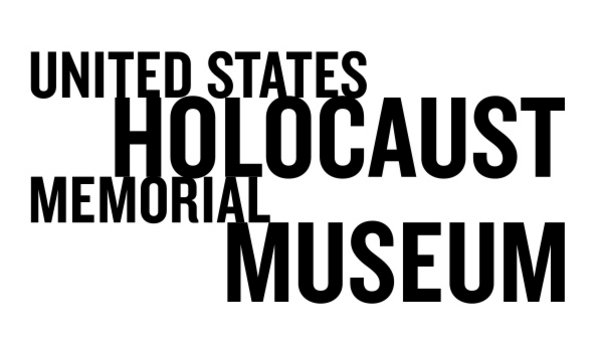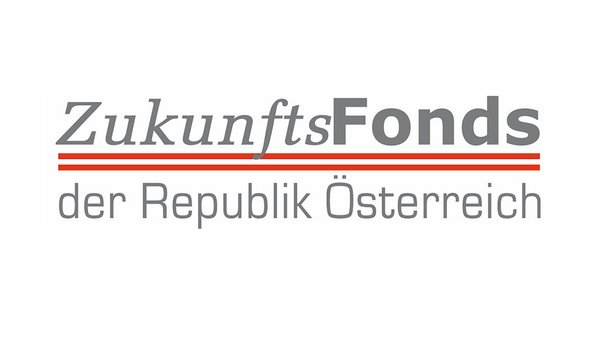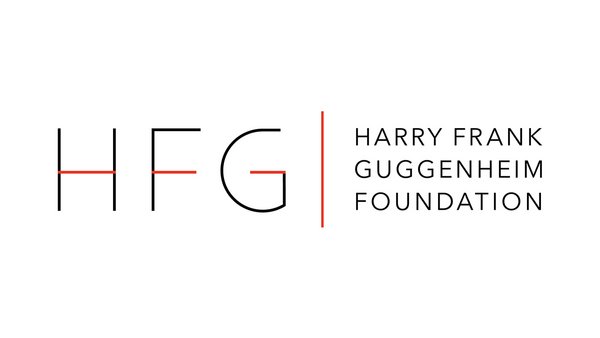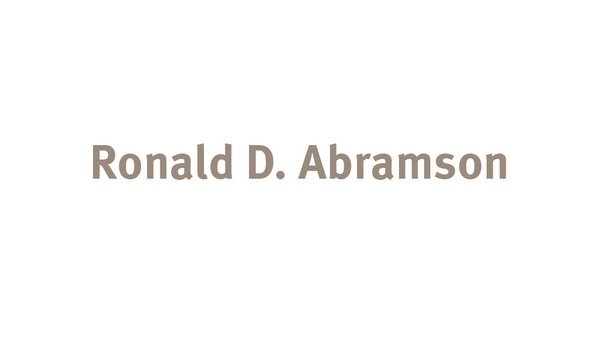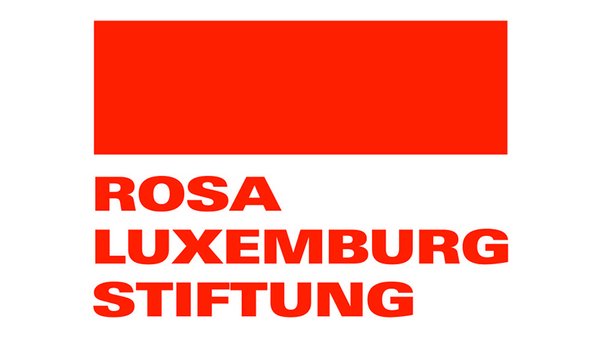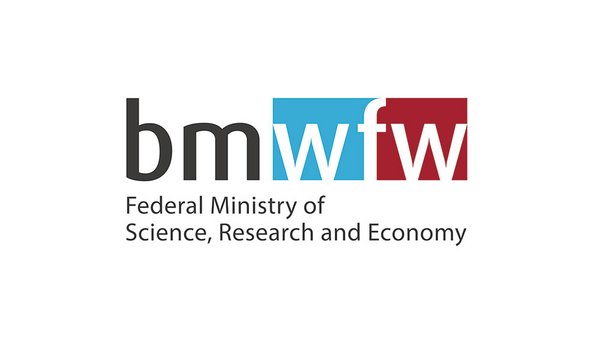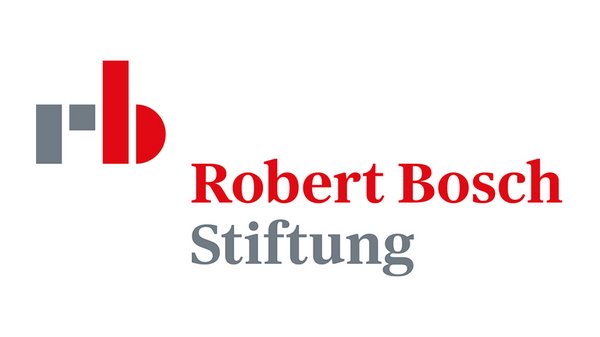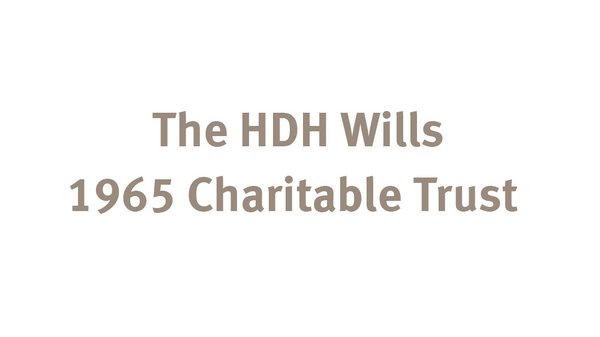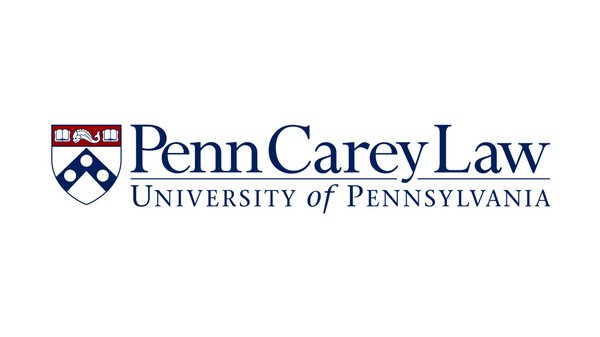-
Topics
backTopicsOur programs create spaces where open-minded leaders can gather for breakthrough conversations on pressing global issues – each aligned to one of the following pillars:
-
Events
backEventsExplore the variety of events Salzburg Global hosts within Austria and in the rest of the world. Learn more about our programs and what else happens at Schloss Leopoldskron.Upcoming EventsDec 01 - Dec 06, 2025Peace & JusticeAdvancing Youth Safety and Justice: Transformative Policies, Community Solutions, and Accountable PracticesGlobal Innovations on Youth Violence, Safety and JusticeDec 08 - Dec 13, 2025EducationSkills for Tomorrow: Building the Next Generation of Vocational LearningEducation for Tomorrow's World
- Insights
-
Fellowship
backFellowshipSince 1947, more than 40,000 people from over 170 countries have participated in Salzburg Global's sessions. Collectively, these alumni are known as Salzburg Global Fellows.
-
About Us
backAbout UsSalzburg Global is an independent, non-profit organization committed to creating spaces that overcome barriers and open up a world of better possibilities.Our Approach
-
Support Us
backSupport UsYour generosity helps us gather open-minded leaders for breakthrough conversations, while creating space for dialogue that overcomes barriers and opens up a world of better possibilities.
- Donate
Date
Nov 16 - Nov 20, 2017
Session no.
Session 589
Program
Holocaust Education and Genocide Prevention
Share
Peace & Justice
Learning from the Past: Sharing Experiences across Borders to Combat Extremism
Xenophobia, racism, and violent extremism are ripping at the fabric of societies across the globe. Although contexts and specifics differ, many shared human values do not: the wish to live in peace and security, and to ensure a positive future for the next generation. At the same time, where atrocities have occurred there is a need to commemorate victims and to confront perpetrators without perpetuating a cycle of violence or creating a climate overwhelmed by vengeance.
Since 2010, the Salzburg Global Holocaust Education and Genocide Prevention Program, implemented in partnership with the United States Holocaust Memorial Museum, has sought to increase the capacity of institutions with educational missions (universities, schools, museums, remembrance sites, documentation centers, civil society, and religious communities) to combat extremism and promote pluralism in their countries, and to find dignified methods to study and memorialize their own national tragedies. Cross-border and cross-cultural exchanges facilitate new ways of thinking and international partnerships for building better societies, and generate methodologies for outreach to the next generation to create a better future.
During a workshop in Salzburg in December 2016, Salzburg Global Seminar convened fourteen representatives from six countries – Cambodia, Egypt, Morocco, Pakistan, Rwanda, and South Africa – and experts in Holocaust education and practitioners working on combatting extremism and radicalization across Europe. Together, the participants refined plans for pilot projects in the six participating countries to test local approaches to combatting extremism and promoting pluralism. Throughout 2017, Salzburg Global Seminar is providing support through peer advisory visits to the six countries by leading members of the network, to ensure hands-on expertise and wider impact in each location.
This year, Salzburg Global Seminar seeks to scale these pilot projects upwards and outwards, engaging a wider range of stakeholders to magnify their impact. Broader participation from each country and from additional countries will ensure the pilot projects can be further refined, modified for implementation elsewhere, and aided to spark positive change across their regions. Increased exchanges and partnerships among peers, including the involvement of diaspora communities, will strengthen common approaches and collaborations. New stakeholders, from policy-makers to public communications specialists will facilitate new avenues to optimize the work, increasing its impact in shaping broader public opinion for peaceful, secure, and tolerant societies.
Date
Nov 16 - Nov 20, 2017
Session no.
Session 589
Share
Key Questions
Participants addressed the following key questions:
- What programs will build resilience and resistance to violence, help develop the necessary skills to challenge the idea of extremism, and encourage youth to become positive change-makers?
- What is the impact of extremist religious or political indoctrination on youth that encourages violent behavior? How can pluralistic visions within the same religion or society achieve precedence?
- If radical and violent groups may be effective in recruiting young people due to an absence of positive alternatives offering inclusion and belonging, how can societies become more inclusive for youth, particularly those with more limited economic opportunity or from more isolated or remote areas?
- What are the challenges of definition and nomenclature, causes, warning signs, propaganda, hateful or inflammatory speech, arising from the state’s own action or inaction?
- How can civil society organizations, especially those with educational missions, build a culture of awareness among the younger generation of the horrors hate speech and intolerance can unleash?
- What role do media play in reinforcing fears and stereotypes as opposed to increasing exposure to and understanding of diverse cultures? How can media facilitate shared dialogue and meaningful social action to support positive change across borders, across cultures, and across divides?
- In the face of sweeping populist and extremist narratives coming from social media and political sources outside the local communities, how can political, civil society, and religious leaders rooted within their local communities play a stronger role in supporting pluralist initiatives?
- Can public policy create a welcoming environment for refugees and migrants and make citizens more comfortable with diversity by creating a new sense of shared identity? What kind of initiatives can address this?
- What role can diaspora communities play to bridge understanding between countries of origin and countries of settlement? How can diaspora communities be better integrated and not themselves excluded from the societies in which they live?
Multi-Year Series
Since 2010, Salzburg Global Seminar has implemented the Holocaust Education and Genocide Prevention Program in partnership with the United States Holocaust Memorial Museum. Through a series of global and regional gatherings, the Program has engaged participants from more than 40 countries on six continents, the majority of which are non-Western countries, and many of which have a recent experience of mass atrocities. The Program has established a network of individuals and NGOs across these countries, and strives to deepen and extend their collaborative work, allowing practitioners to identify cross-regional strategies to empower institutions and individuals with tools for ethical education and peaceful conflict resolution.
Audio Clips
Could lessons from the Holocaust help people overcome the divisions created by modern day extremism?
On November 19, 2017, the BBC World Service featured Salzburg Global Fellows, Tali Nates, Freddy Mutanguha and Albert Lichtblau, and Salzburg Global Program Director Charles Ehrlich as they discuss the importance of teaching about the Holocaust in order to prevent future extremism.
For more detailed information, please contact the Program Director, Charles Ehrlich (cehrlich@salzburgglobal.org).
Link copied to clipboard


